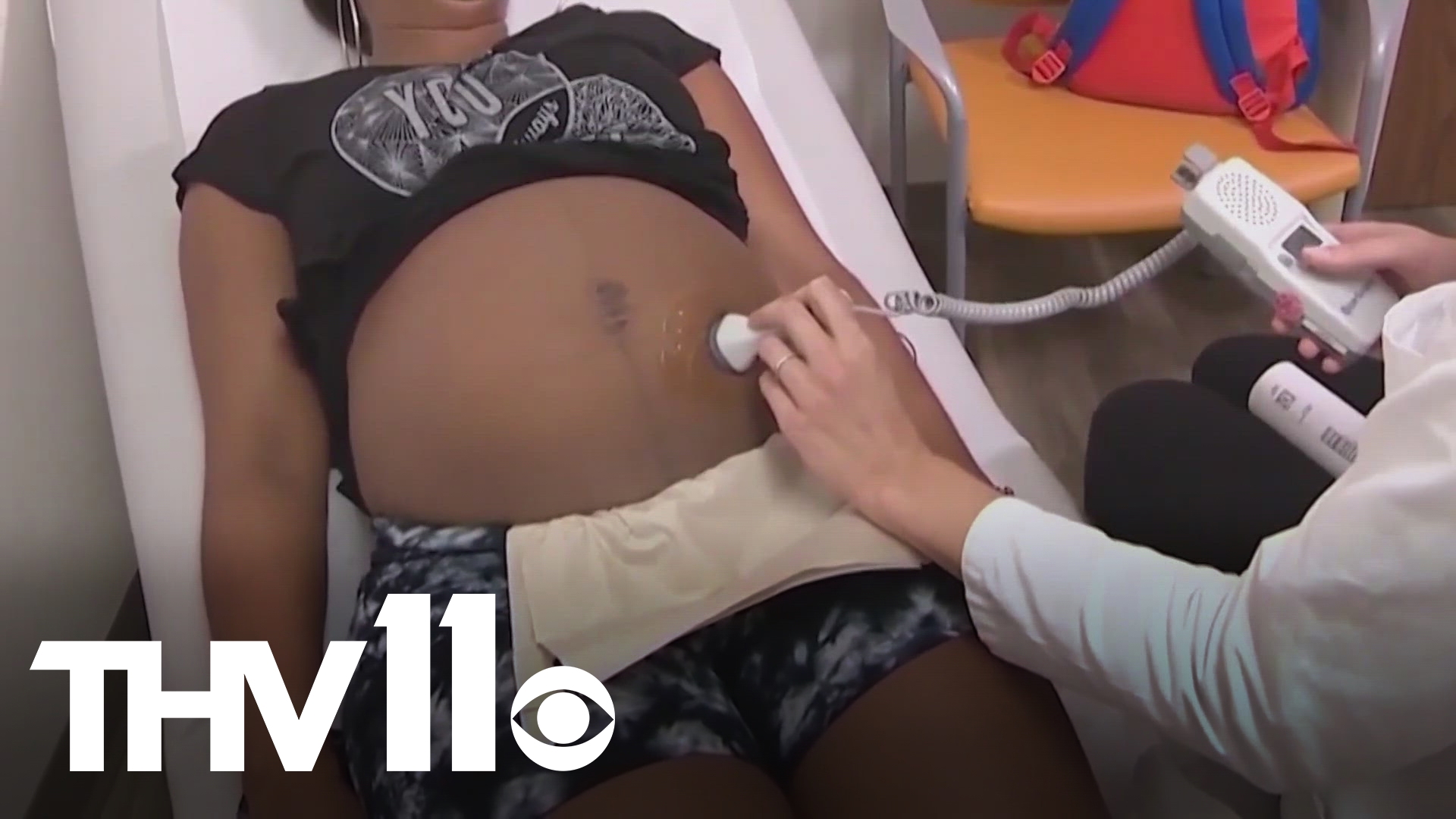LITTLE ROCK, Ark. — Continuous healthcare disparities in Arkansas have caused local healthcare officials and government leaders to band together to discuss solutions for minority communities to receive easier access.
According to research from the Annie E. Casey Foundation, the state of Arkansas currently has the highest maternal mortality rate in the country— and women of color have a higher chance of dying from issues such as diabetes, stroke, and heart disease.
Through these issues, many Arkansans have been left wondering why they are so prevalent within many underrepresented communities.
"Obesity is really the driver of a lot of it," said Dr. Susan Ward-Jones, CEO of East Arkansas Family Health Center.
Healthcare officials like Dr. Ward-Jones and Stephanie Loveless, the Director of Outreach at UAMS, have been doing all they can to help bridge the gap. They've been doing this in hopes of limiting the growing number of challenges for underrepresented communities.
"It is incumbent upon us to make sure that we bring resources, knowledge, education, and outreach. To make sure that we can lift them up and that so we can all be a healthier society," Dr. Ward-Jones explained.
However, getting to a healthier society is something that takes time. Factors such as improving areas that have higher crime rates, a lack of transportation, and insurance all play into improved healthcare resources.
For example, impoverished areas across Arkansas might not provide residents with a number of fitness resources to continue healthy habits. Dr. Ward-Jones explained that people who live in these areas, particularly in the Delta, might not have access.
"If you don't live in a safe environment, in a safe neighborhood, you don't have any sidewalks. You can't afford to go to a gym," she added.
Taking these scenarios into account, the Public Health, Welfare and Labor Committee met with health officials in West Memphis to discuss solutions to provide community members with easier and more efficient healthcare resources.
"We have community outreach events where we actually go into communities and provide free health screenings and any services that we can provide to the communities," said Loveless.
Getting to a point of improvement is what healthcare officials hope to provide for state leaders looking towards decreasing the growing number of reported healthcare disparities.
Looking to resources such as the ADH Minority Health Commission and local health clinics are a few ways health officials say individuals can find assistance.
"Improving the health of those we serve means meeting people where they are to provide preventive chronic disease screenings through our mobile health unit program," said Kenya Eddings with the Minority Health Commission.
Dr. Ward-Jones said in order to truly get to a place of growth knowledge is the key.
"We as healthcare providers have to meet patients where they are, start small, provide them with resources and then empower them," she added.

